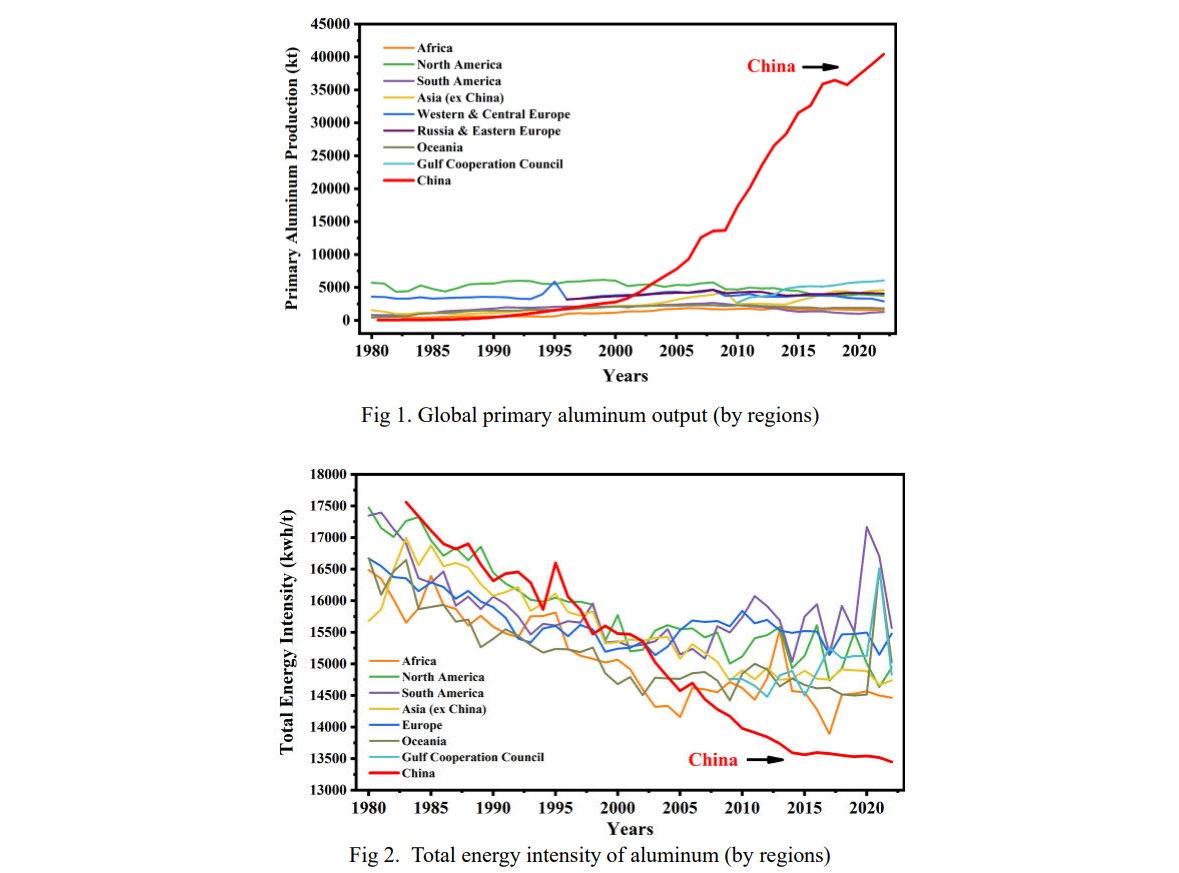您想继续阅读英文文章还
是切换到中文?
是切换到中文?

THINK ALUMINIUM THINK AL CIRCLE

Over 100 mining licences were cancelled in Guinea, where big names like EGA have made headlines. But how many China-owned firms have been the target of Guinea’s ‘mine here, refine here regime’? The answer is a big-n-bold ZERO. The only report that deep search found when AL Circle was investigating the matter was of the single active operation affected by this crackdown of a joint venture in the Boffa-Fria corridor that included the Chinese-backed company SD Mining SA, which held a 42 per cent stake.

Naturally, the question arises as to why Guinea has been cooperating with China when it comes to mining (we are mainly concerned about bauxite). For over 30 years, China has actively supported Guinea in various aspects. But why? As we dig deep, it seems to be clearing layer by layer.
Also read: Guinea pulls the plug by cancelling 129 mining licences, and it seems to be just the beginning
Early foundation of the cohort
The robust economic relationship between China and Guinea, particularly in the bauxite sector, is not a recent development but rather the culmination of a political and diplomatic alliance forged over more than six decades. The People’s Republic of China and the Republic of Guinea established diplomatic relations on October 4, 1959, making Guinea the first sub-Saharan African nation to do so. This early commitment was strategically significant, as it occurred during a period of intense global Cold War tensions and the Sino-Soviet split, which had left China seeking to expand its international influence and break its diplomatic isolation.
During the 1960s, China actively sought alliances with newly independent African nations. Guinea, under the leadership of Ahmed Sékou Touré, had resisted French colonial control and favoured socialist principles, a standpoint that echoed deeply with China’s own revolutionary ideology.
The shared anti-imperialist and anti-colonial sentiment became the ideological bedrock of the bond. China solidified this solidarity through significant economic and technical assistance, demonstrating its commitment to the development of Third World countries. Early projects included the construction of the People’s Palace and hydropower stations such as Kinkon and Tinkisso. China also began sending medical teams to Guinea in 1968, a practice that has continued to this day, with 30 teams and 725 personnel dispatched over the years.
The secret ingredient to a long-lasting relationship
…and so much more!
SIGN UP / LOGINResponses








